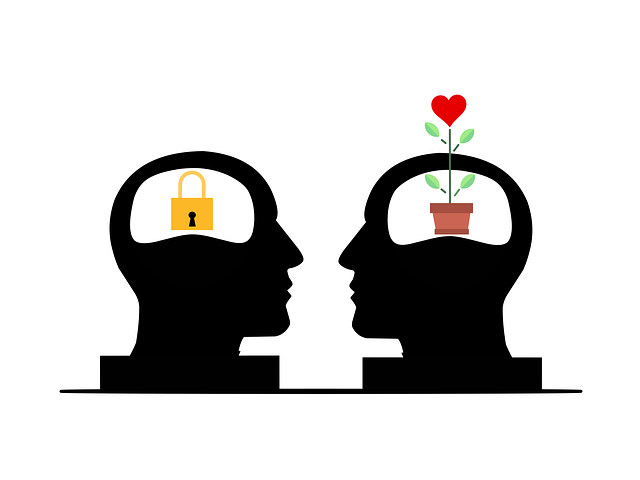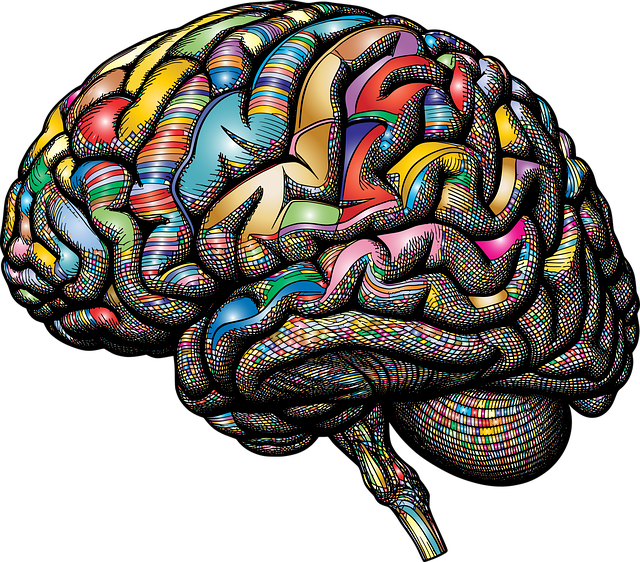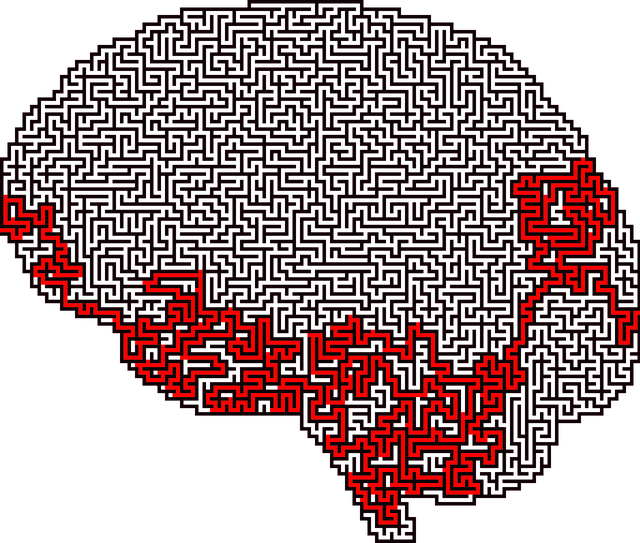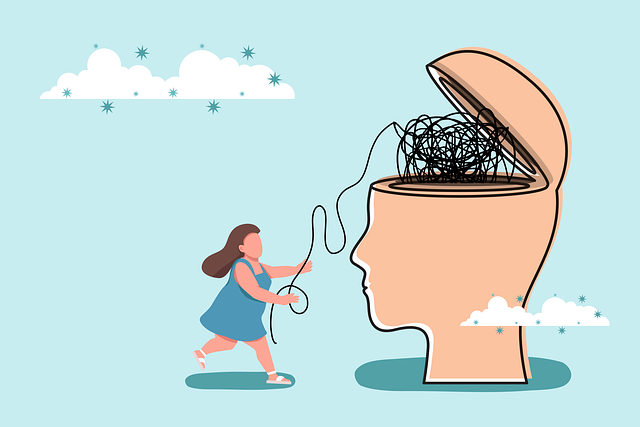Mental wellness journaling, as facilitated by Boulder Mandarin Chinese Speaking Therapy, is a powerful self-reflection tool that combines writing with cultural insights from Eastern philosophies. Regular journaling promotes self-awareness, empathy, and compassion, supporting robust self-care routines and enhanced mental wellness. This approach leverages language as a healing tool, addressing diverse linguistic backgrounds while integrating mindfulness meditation and traditional Chinese principles of balance and harmony. By creating safe, inspiring spaces and using tailored prompts, journaling helps individuals uncover thought patterns, manage stress, prevent burnout, and improve relationships through better understanding themselves and others.
Discover the transformative power of mental wellness journaling with our comprehensive guide. Explore how this practice unlocks self-reflection and healing, offering a unique perspective through the lens of the Boulder Mandarin Chinese Speaking Therapy Approach. Learn to set up your journal effectively, generate insightful prompts, and integrate daily consistency for profound personal growth. Uncover the benefits of this cultural therapy technique and embark on a journey of self-discovery.
- Understanding Mental Wellness Journaling: Unlocking Self-Reflection and Healing
- The Boulder Mandarin Chinese Speaking Therapy Approach: A Cultural Perspective
- Setting Up Your Journal: Tools and Techniques for Effective Expression
- Exploring Prompt Ideas: Guiding Your Thoughts and Emotions
- Integrating Journaling into Daily Life: Consistency and Benefits
Understanding Mental Wellness Journaling: Unlocking Self-Reflection and Healing

Mental wellness journaling is a powerful tool for self-reflection and healing. By dedicating time to record thoughts, emotions, and experiences in a journal, individuals can develop a deeper understanding of themselves and their mental health. This practice allows for introspection, enabling people to identify patterns, triggers, and sources of stress or joy in their lives. Similar to how Boulder Mandarin Chinese speaking therapy facilitates communication and cultural connection, journaling provides a private space for self-expression and exploration.
Through regular writing, one can cultivate empathy towards themselves, fostering a sense of compassion and kindness. This process supports the development of a robust self-care routine and enhances overall mental wellness. Moreover, it serves as an effective strategy for empathy building, as individuals often discover unique insights into their behaviors and motivations, leading to improved relationships and social interactions.
The Boulder Mandarin Chinese Speaking Therapy Approach: A Cultural Perspective

The Boulder Mandarin Chinese Speaking Therapy Approach offers a unique cultural perspective on mental wellness journaling. This method leverages the power of language and communication to address emotional and psychological needs, especially within a diverse community like Boulder, Colorado. By incorporating Mandarin Chinese into therapy sessions, this approach not only facilitates open dialogue but also fosters understanding and connection among individuals from various cultural backgrounds. The use of Mandarin enhances the therapeutic process by tapping into traditional Chinese philosophies that emphasize balance, harmony, and inner peace.
This cultural perspective is particularly relevant in today’s globalized world where mental health professionals often encounter clients with diverse linguistic and cultural backgrounds. Effective risk management planning for mental health professionals becomes crucial when navigating these complexities. By employing mindfulness meditation techniques alongside language therapy, the Boulder Mandarin Chinese Speaking Therapy Approach promotes self-esteem improvement and enhances overall mental wellness. It encourages individuals to explore their thoughts and feelings through a lens of cultural awareness, ultimately leading to more effective healing and personal growth.
Setting Up Your Journal: Tools and Techniques for Effective Expression

Starting a mental wellness journal is a powerful act of self-care, and with the right tools and techniques, it can become an invaluable resource for personal growth. At Boulder Mandarin Chinese Speaking Therapy, we encourage our clients to explore this practice as a means to enhance their well-being. Begin by choosing a space where you feel comfortable and safe—a quiet corner of your home or even a dedicated notebook that feels unique to you. Select writing tools that inspire; perhaps a favorite pen with smooth ink or a colorful set of markers for drawing. Some find it helpful to include various materials like stickers, photos, or small mementos that resonate with their emotions.
Organize your journal in a way that works best for your expression. You might structure each entry with specific prompts: date, mood, and a few words describing your day. Others prefer free-flowing pages where they can write continuously, sketch, or collage without constraints. The goal is to create an environment that encourages honesty and exploration. Through this process, you may uncover patterns in your thoughts, gain insights into triggers, and develop strategies for managing stress—all essential aspects of mental wellness coaching programs development and crisis intervention guidance. Even if burnout prevention seems distant, the act of journaling can be a preventative measure, allowing you to stay attuned to your inner world.
Exploring Prompt Ideas: Guiding Your Thoughts and Emotions

Journaling is a powerful tool for self-reflection and emotional exploration, especially when tailored with thoughtful prompts. For those seeking to enhance their mental wellness, incorporating guiding questions can make journaling sessions more productive and engaging. These prompts encourage individuals to delve into their thoughts, feelings, and experiences, fostering self-awareness and personal growth.
At Boulder Mandarin Chinese Speaking Therapy, we recognize the value of combining language learning with mental health practices. Journaling prompts can be adapted to incorporate cultural insights, offering a unique perspective on emotions and challenges. For instance, prompts related to conflict resolution techniques, drawing from Eastern philosophies, can help individuals navigate interpersonal struggles in a healthier manner. Additionally, encouraging participants to reflect on their community outreach program implementation experiences allows them to process and learn from their interactions with others, contributing to both personal development and improved mental wellness.
Integrating Journaling into Daily Life: Consistency and Benefits

Integrating journaling into your daily routine can seem like a daunting task, but with consistency, it becomes a powerful tool for enhancing mental wellness. At Boulder Mandarin Chinese Speaking Therapy, we advocate for this practice as an accessible and effective form of self-care. Start by dedicating just 15 minutes each day to write down your thoughts, emotions, and experiences. Over time, this simple act can lead to profound personal growth.
The benefits of journaling are numerous, from cultivating positive thinking and improving self-awareness to serving as a valuable crisis intervention guidance. It provides a safe space for expression, allowing individuals to process their feelings, reflect on challenging situations, and even prevent depression. By documenting your journey, you gain insights into patterns, trigger factors, and personal strengths, empowering you to navigate life’s twists and turns with resilience.
Mental wellness journaling is a powerful tool for self-discovery and healing, as demonstrated by the holistic approach of the Boulder Mandarin Chinese Speaking Therapy. By setting up your journal with effective techniques and exploring diverse prompt ideas, you can integrate this practice into your daily life, reaping significant benefits. Remember, consistency is key; make journaling a regular part of your routine to unlock your mind’s tapestry and foster resilience.














